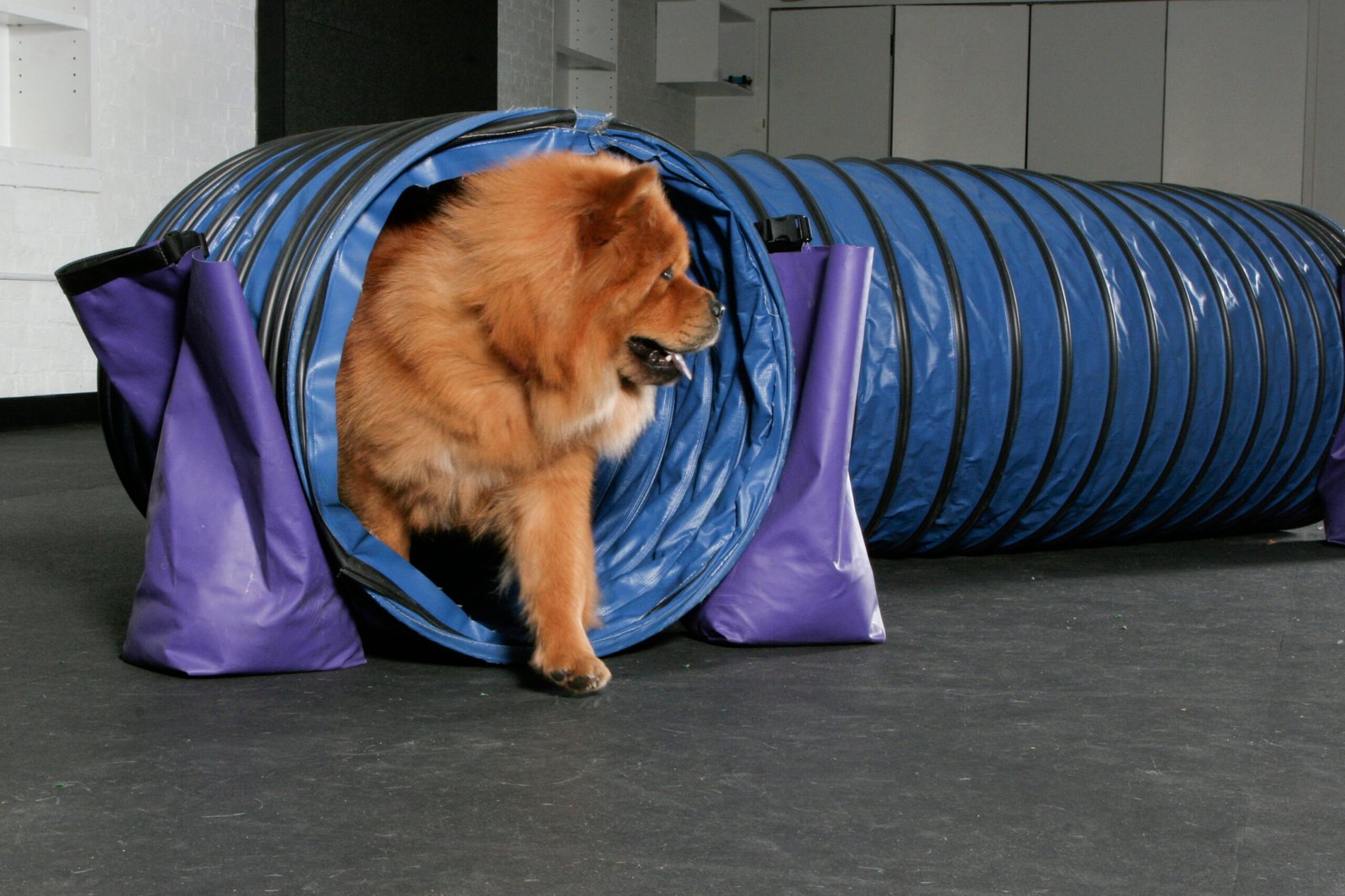Have you ever locked eyes with a Chow Chow and felt an instant wave of curiosity? Their lion-like manes and stoic faces often steal the show at the dog park, leaving many first-time dog lovers wondering: Is this regal breed the perfect companion, or a challenge waiting to happen? The answer isn’t as simple as their fluffy appearance might suggest. If you’re drawn by their mysterious aura, get ready for a revealing journey into what truly makes a Chow Chow tick—and whether they’re the right fit for someone new to dog ownership.
Understanding the Unique Personality of Chow Chows
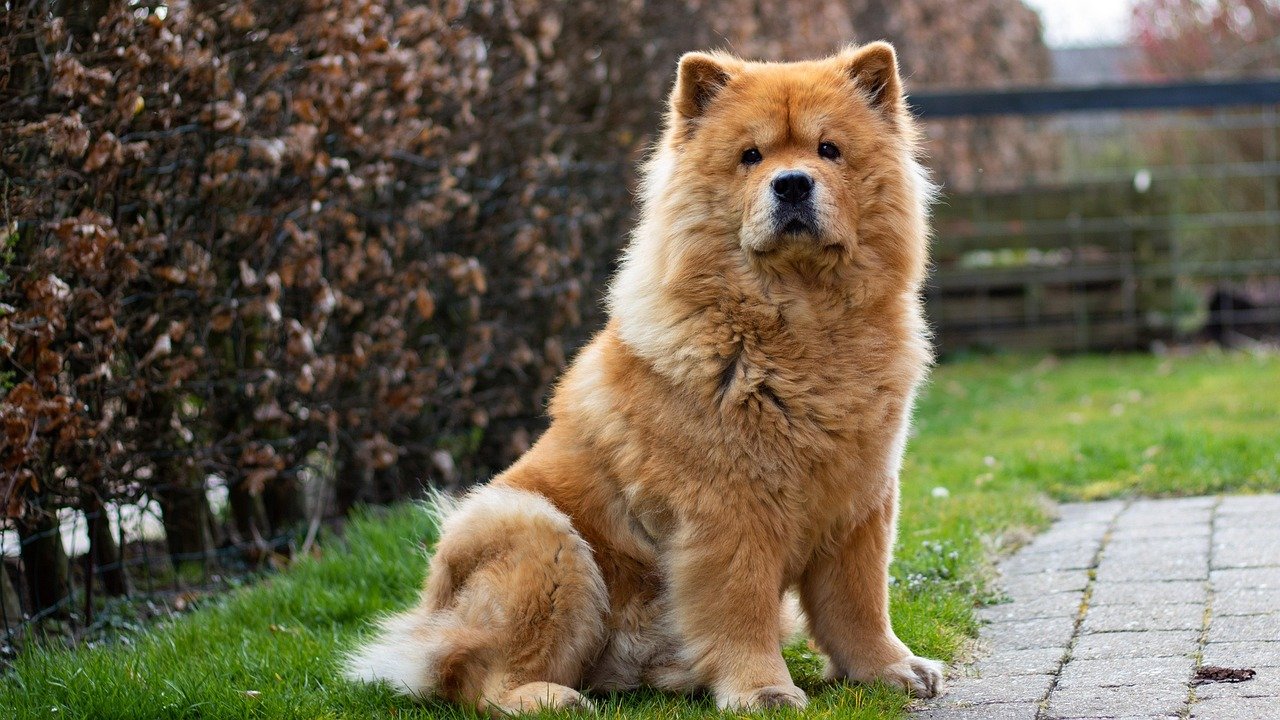
Chow Chows are often described as dignified, independent, and sometimes aloof. Unlike the typical tail-wagging, people-loving breeds, Chows tend to keep a respectful distance from strangers. This trait can be surprising for first-time owners who expect a dog to instantly shower them with affection. Instead, Chow Chows form deep, loyal bonds with their families over time, often showing their love through subtle gestures rather than exuberant displays. Their independent streak means they’re not usually clingy, making them great for owners who appreciate a bit of personal space. However, this independence also means they may not always obey commands straight away. For dog lovers who crave a constant shadow, a Chow might feel a bit too reserved. Still, their quiet confidence can be incredibly endearing for those willing to earn their trust.
The Importance of Early Socialization
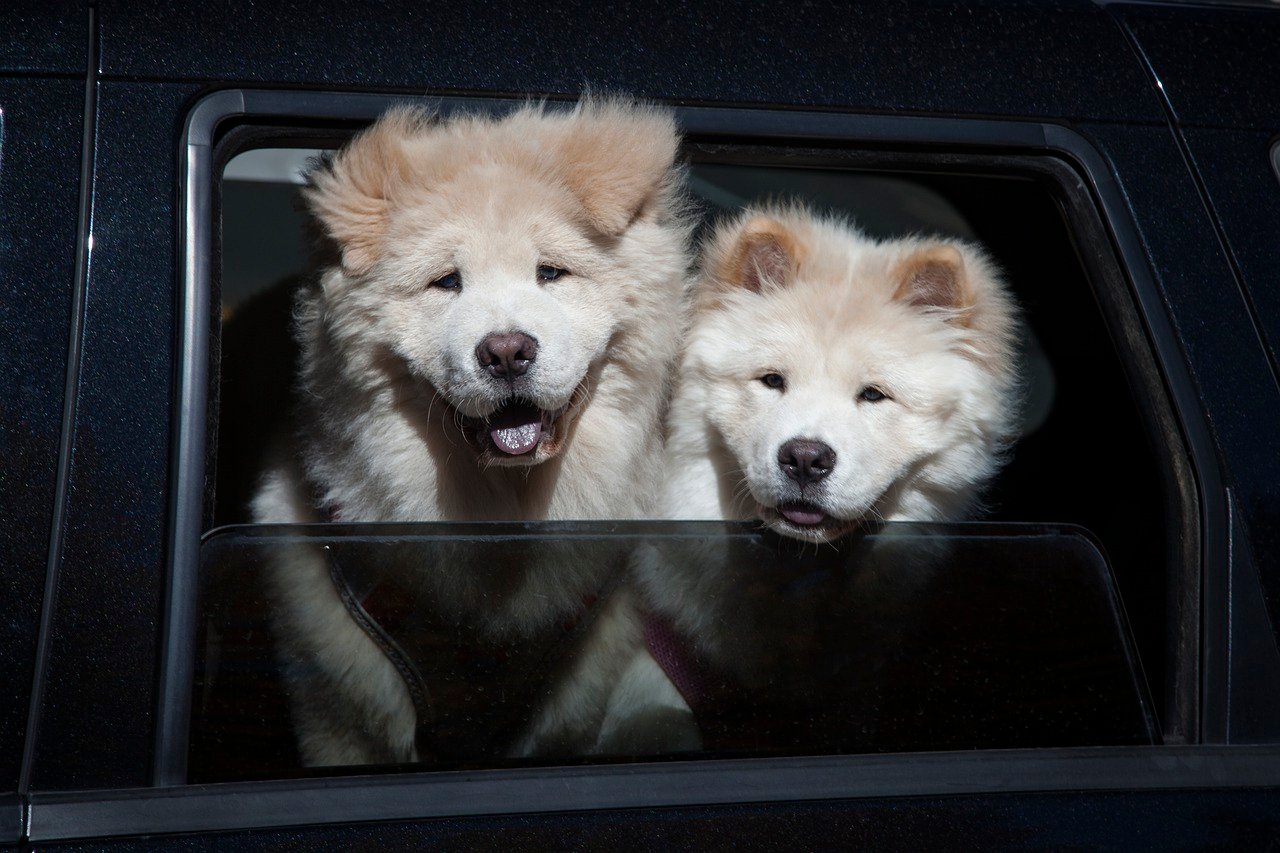
Socialization is crucial for every dog, but with Chow Chows, it’s absolutely essential. Without early exposure to different people, pets, sights, and sounds, Chows can become overly suspicious or even defensive. First-time owners must commit to gentle, consistent socialization starting as soon as possible. Taking a Chow Chow puppy to puppy classes, inviting friends over, and introducing them to safe, controlled environments can help prevent unwanted aggression or fearfulness. Failing to socialize a Chow Chow can lead to a dog that’s wary of strangers and difficult to manage in new situations. Imagine trying to host a family gathering and your dog refuses to leave his corner, or worse, growls at your guests. That’s a real risk if socialization is neglected. Patience and persistence are key, but the reward is a more adaptable, confident companion.
Training Challenges and Strategies
Training a Chow Chow can be an adventure, especially for someone new to dog ownership. This breed is famously strong-willed and intelligent, but they don’t always see the point in following orders just to please you. Unlike breeds that are eager to make their owners happy, Chows need a reason to cooperate. Positive reinforcement methods—using treats, praise, and play—work best, but even then, progress can be slow. Consistency is non-negotiable. If you let a Chow Chow get away with ignoring a command once, they’ll remember and test you again. Some owners find it helpful to keep training sessions short and engaging, mixing up routines to prevent boredom. For a first-timer, the stubbornness of a Chow Chow might feel overwhelming, but with time, clear boundaries, and gentle firmness, they can learn beautifully.
Grooming Needs and Maintenance

Chow Chows are famous for their thick, plush double coats, but this beauty comes at a price. Their fur requires regular brushing—at least two to three times a week—to prevent painful mats and tangles. During shedding season, daily grooming might be necessary to keep the fur from taking over your home. First-time owners may underestimate the dedication required to maintain a Chow Chow’s coat. Neglecting grooming can lead to skin problems and discomfort for the dog. Bathing should be done every month or so, and owners need to pay attention to cleaning their ears and trimming their nails as well. If you’ve never brushed a dog before, be prepared for a learning curve. Many Chow owners end up seeking professional grooming help, which adds to the overall cost and time commitment of caring for this breed.
Exercise Requirements and Activity Levels
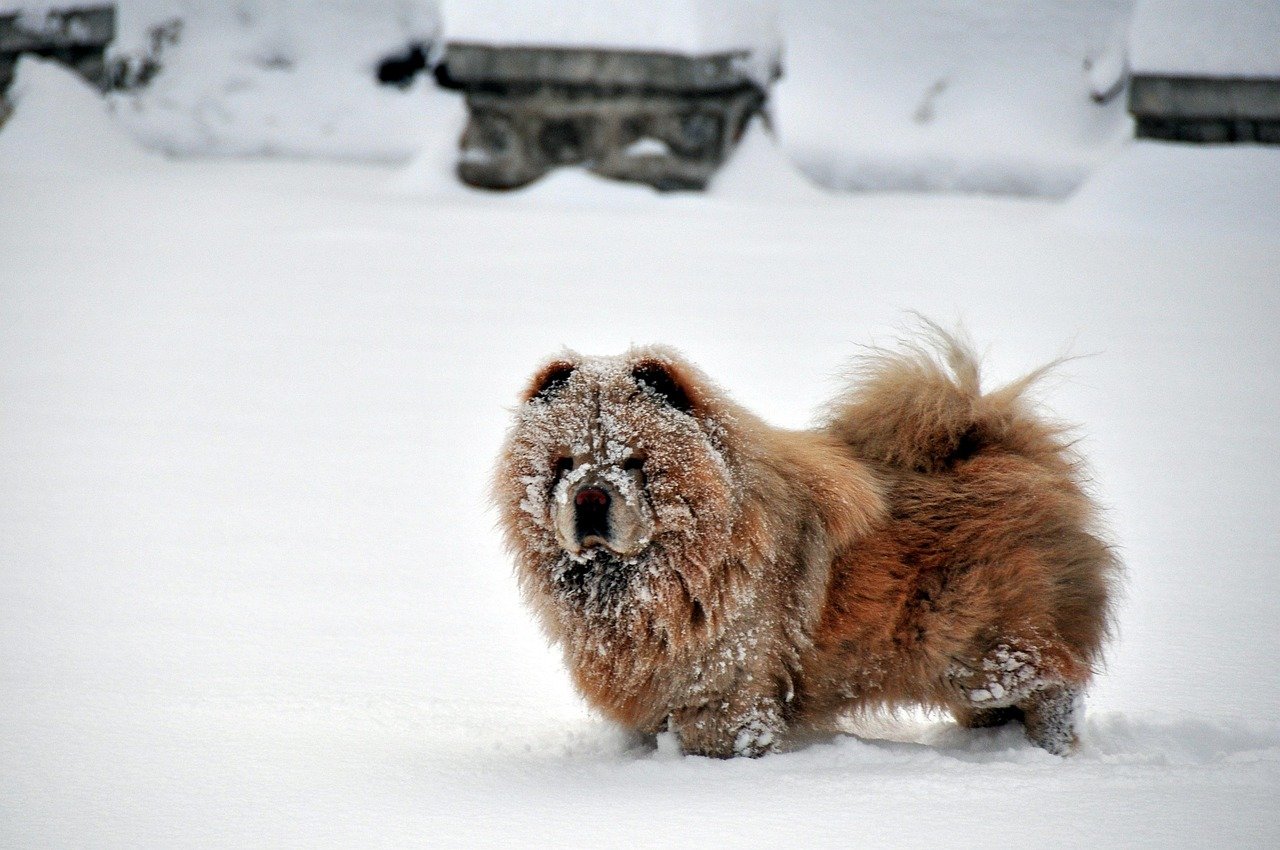
Despite their robust appearance, Chow Chows are not overly energetic dogs. They don’t require marathon runs or hours of fetch to stay happy, but they do need daily walks and some playtime to keep them fit and healthy. This moderate exercise need can be appealing to first-time owners who worry about keeping up with a high-energy breed. However, it’s important not to mistake their calm demeanor for laziness. Without enough activity, Chow Chows can become bored, which might lead to destructive behaviors. They also benefit from mental stimulation, like puzzle toys or gentle training games. Owners should be aware that Chow Chows are sensitive to heat due to their thick coats, so exercise should be adjusted in hot weather. For people with busy schedules, their lower activity level can be a plus, but neglecting their exercise needs can lead to an unhappy, unhealthy pet.
Health Considerations for Chow Chows
Chow Chows come with their own set of health concerns that first-time owners should be prepared for. Their unique physical features make them prone to certain issues, like hip dysplasia, eye problems, and skin irritations. Regular vet visits are a must, along with careful monitoring for any signs of discomfort or illness. Their thick fur can hide skin infections, so grooming time is a good opportunity to check for hidden problems. Owning a Chow Chow means budgeting for possible medical expenses, which can be higher than average. Responsible breeders screen for common issues, but no dog is immune to health challenges. Understanding the potential risks ahead of time helps owners provide the best care. First-timers should be ready to learn about these conditions and be proactive about their dog’s health.
Living Space: Apartment or House?
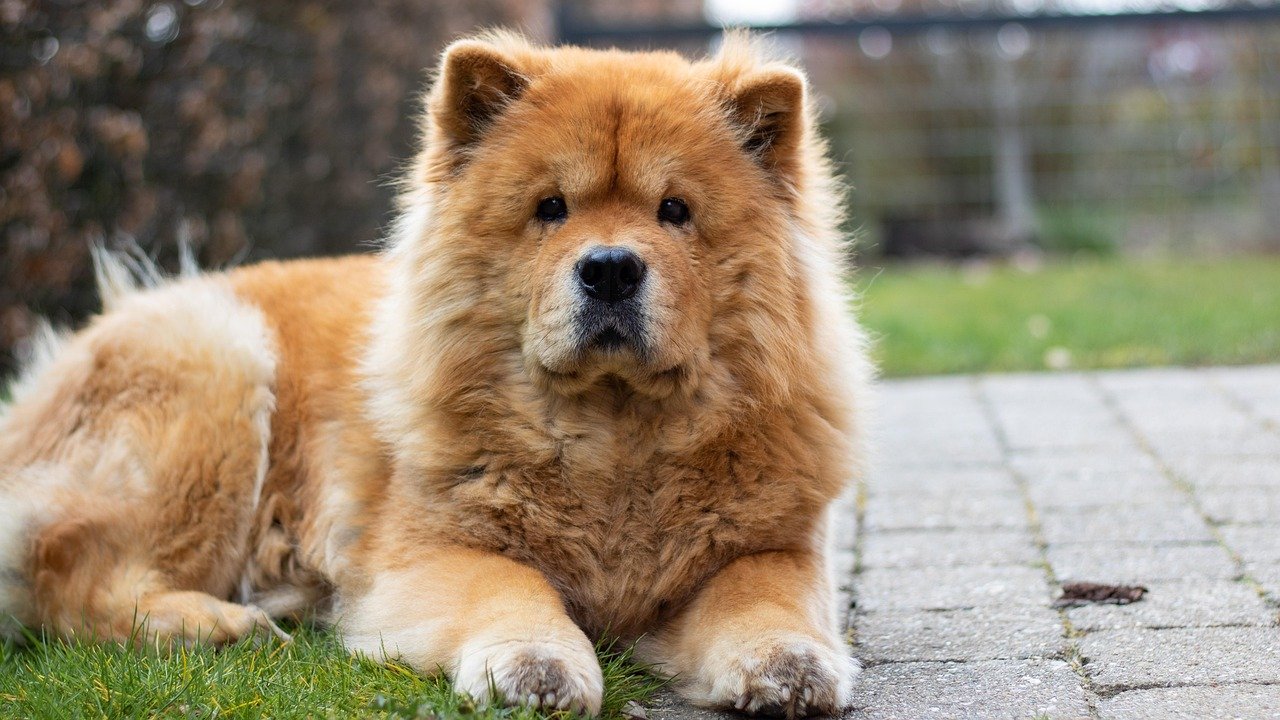
One common question is whether Chow Chows do well in apartments or need a house with a yard. The good news is, their moderate exercise needs and calm demeanor make them adaptable to both environments. However, their size and tendency to be territorial means they do best in a space where they can have some quiet time. In apartments, daily walks and a clear routine are crucial to prevent boredom. Chow Chows aren’t usually barkers, but they do like to watch over their domain, so a window or balcony can keep them entertained. In a house with a yard, secure fencing is a must, as Chows can be suspicious of strangers and other animals passing by. Ultimately, what matters most is not the size of your home, but your willingness to provide attention, routine, and care.
Children and Other Pets: Are Chow Chows Family-Friendly?
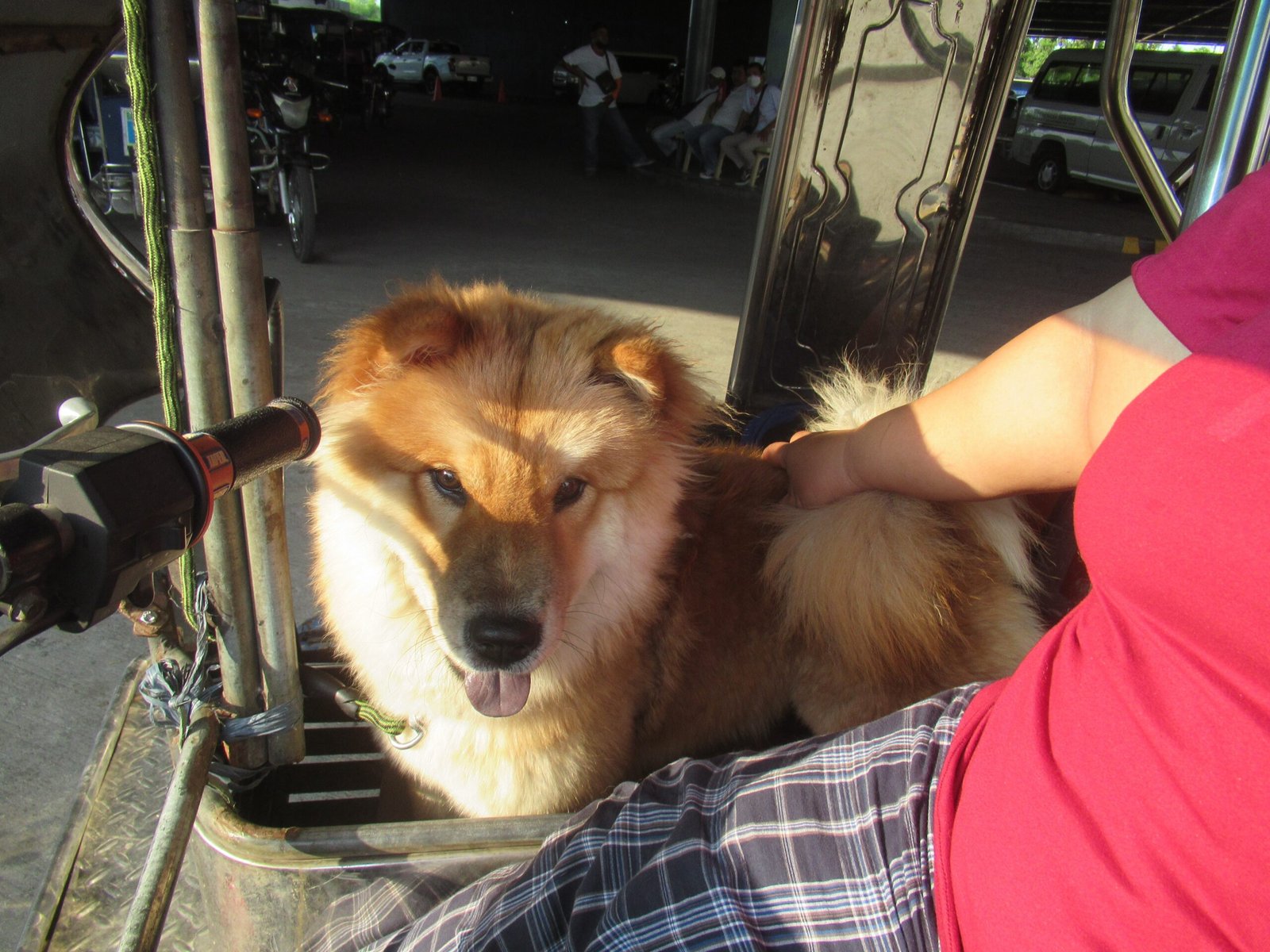
Chow Chows have a reputation for being reserved, but can they be good family dogs? The answer depends on how they’re raised and socialized. With proper guidance, they can be gentle and protective with children, though they may not tolerate rough play or teasing. It’s important to supervise all interactions between kids and dogs, teaching children to respect the dog’s space. When it comes to other pets, Chow Chows may be selective—sometimes getting along well with household animals, sometimes not. Early introductions and careful management are necessary. Their strong prey drive means cats or smaller pets could be at risk if not properly introduced. For first-time owners with busy households, clear boundaries and routines are vital to maintain harmony.
Cost of Ownership: What to Expect
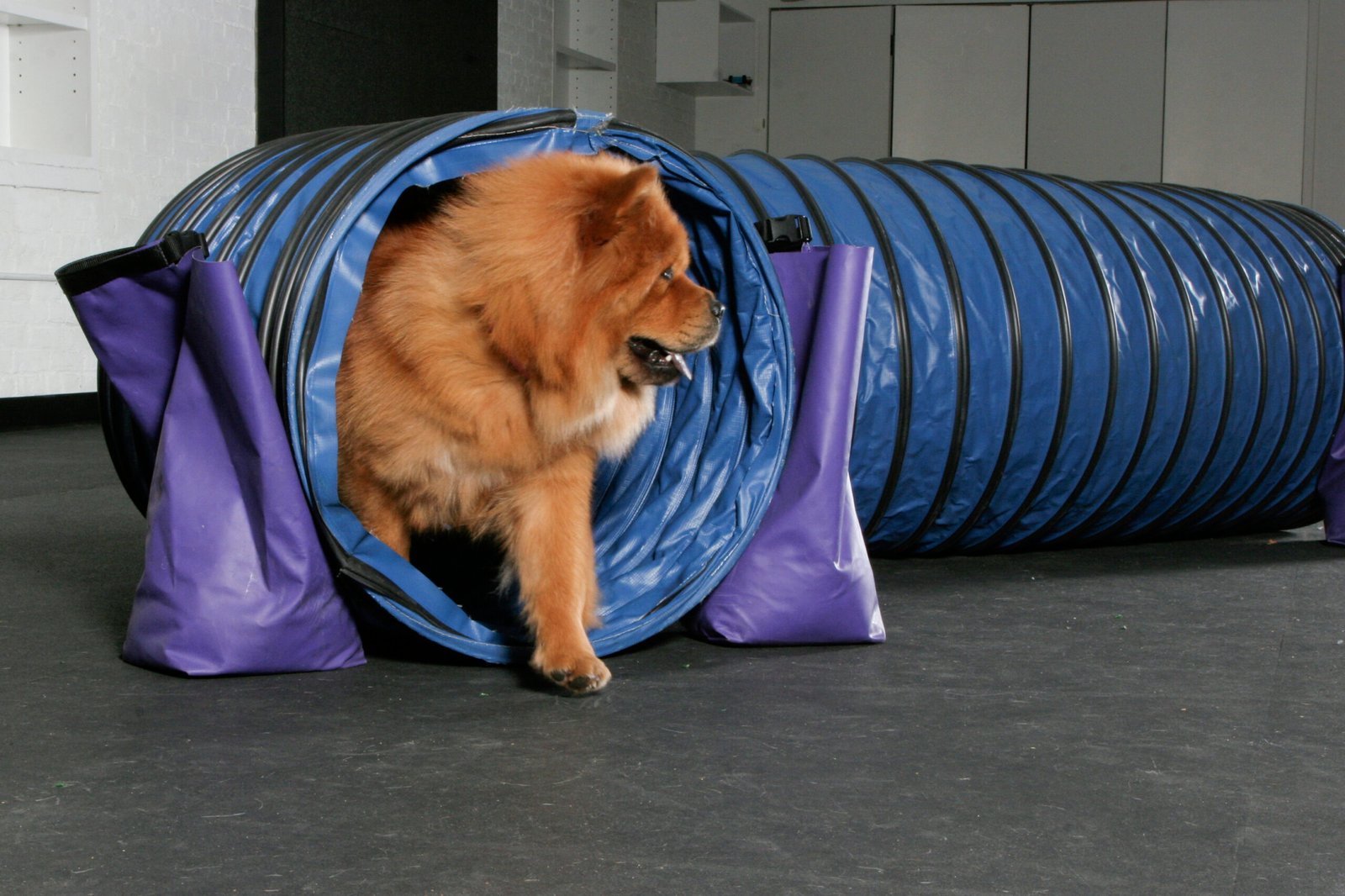
Owning a Chow Chow is not just a commitment of time and love—it’s also a significant financial investment. From high-quality food to regular grooming, vet bills, and training classes, the costs add up quickly. Professional grooming alone can be a recurring expense, especially if you’re not comfortable maintaining that luxurious coat yourself. Health care for this breed can be more expensive due to their predisposition to certain conditions. Budgeting for pet insurance or a veterinary savings plan is a smart move. Chow Chows also need sturdy, comfortable beds and toys to keep them occupied, which may be pricier due to their size. First-time owners should go in with their eyes open about the true cost of keeping a Chow Chow happy and healthy.
Are Chow Chows Right for First-Time Dog Owners?

Choosing a Chow Chow as a first dog is not a decision to be taken lightly. Their striking looks and calm presence are undeniably appealing, but their independence, grooming needs, and health concerns require a dedicated, patient owner. For those willing to invest the time in socialization, training, and care, the rewards can be immense—a loyal, dignified companion with a heart full of quiet devotion. But for someone seeking an easygoing, eager-to-please pet, other breeds might be a better fit. The key is honest self-assessment and a genuine commitment to learning. Are you ready for the challenge, or would you prefer a more beginner-friendly breed?

Linnea is a born and bred Swede but spends as much time as possible in Cape Town, South Africa. This is mainly due to Cape Town’s extraordinary scenery, wildlife, and atmosphere (in other words, because Cape Town is heaven on earth.) That being said, Sweden’s majestic forests forever hold a special place in her heart. Linnea spends as much time as she can close to the ocean collecting sea shells or in the park admiring puppies.

